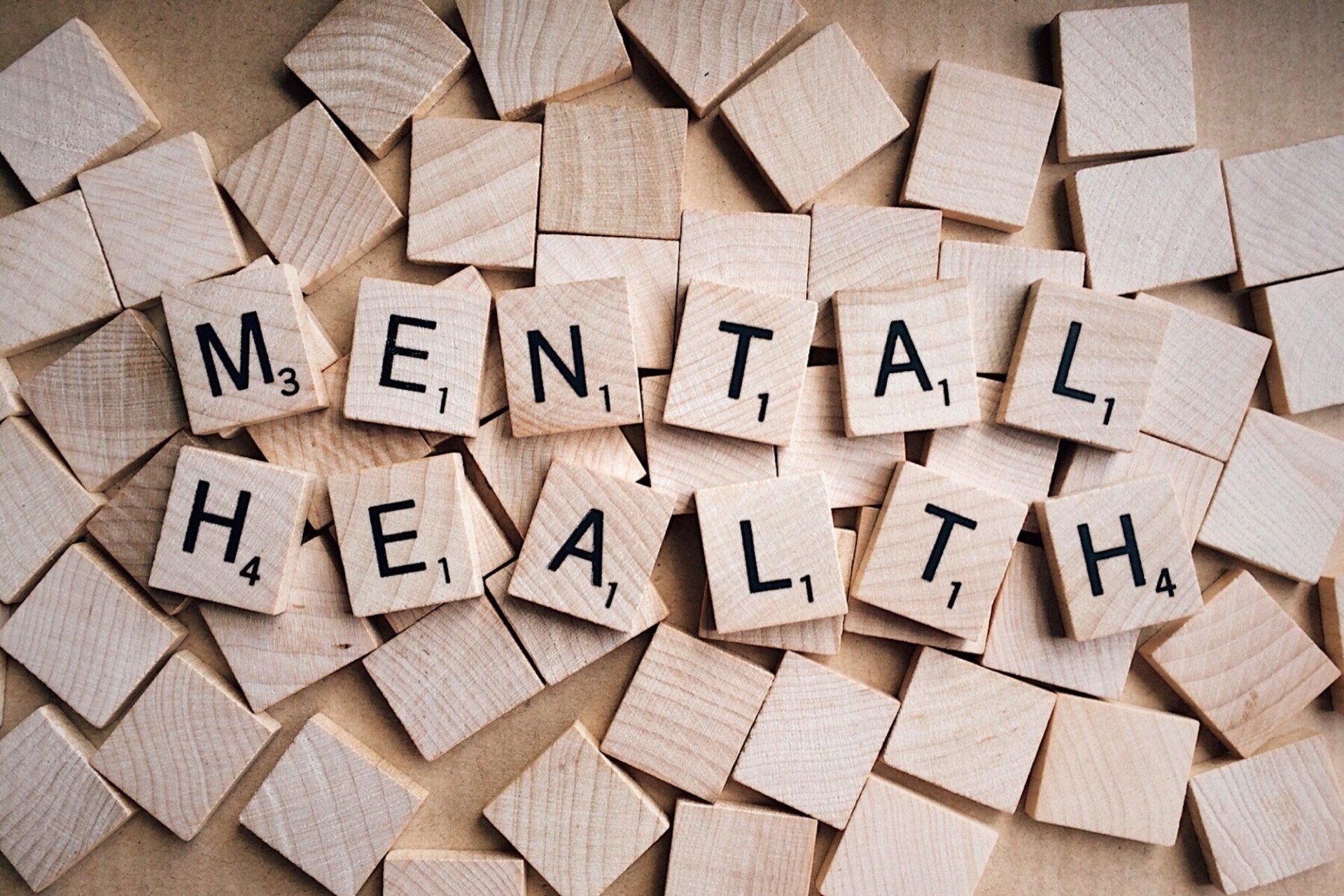7 Important Signs You Might Need Counseling Services
Most people can benefit from exploring counseling services. Speaking with a therapist can help you talk through feelings and problems with an objective person.

Pre-pandemic, the amount Americans suffering from major depression rose by 33% since 2013. Add a worldwide global health crisis, and the rates skyrocket.
Are you unsure whether you should seek counseling services? You're not alone. It's tough to know when it's appropriate to take action with your mental health.
Too many people think they can gut it out or go it alone. Don't let your pride compromise your mental health. Speaking with a therapist can be a life-changer.
Read on to learn the seven signs of when to see a therapist.
1. You're Constantly Overwhelmed
Stress is an unavoidable part of life. There are times when there's too much going on and too little time.
Your car breaks down while you're dealing with a family illness. Work deadlines coincide with an unforeseen home repair emergency. Feeling overwhelmed during these times is normal.
Do you feel overwhelmed during periods of calm? Does the day-to-day normal render you unable to function?
This is a sure sign of a mental health issue.
2. A Decrease in Work/School Productivity
Experiencing periods of dissatisfaction with work or school is common. A recent poll found that only 40% of Americans feel like they work at a "good job."
There's plenty of well-meaning advice about how people should find work they love. While that sounds nice, it's not a reality for an overwhelming majority.
A level of dissatisfaction is common. A drastic slip in your performance or motivation is an indicator of a mental health issue.
Dreading work and calling off with increased frequency is not a sustainable lifestyle. Work or school disruptions like this are when to go to counseling.
3. Sleep and Appetite Changes
Are you awake for long periods of the night? Do you find yourself unable to turn your mind off enough to sleep?
Or is your sleep the opposite? Do you have trouble pulling yourself from bed because you're always tired? Anxiety and depression impact sleep patterns drastically.
The same is true for your appetite. Not eating or overeating is a symptom of mental distress.
A prolonged period of sleep and appetite change is a distinct signal to seek therapy.
4. Relationship Issues
Consistent relationship issues are a sign of next-level emotional distress. Therapy benefits your romantic relationships in two ways.
It helps you through the dark period after a break-up. Therapy also helps you recognize the damaging behavioral patterns in your romantic relationships.
Break-Up Help
A sudden break-up or loss of a romantic relationship can trigger a period of depression. It's common to feel a longing for your departed partner.
Break-up depression can be a healthy experience. It means you're capable of feeling your emotions. These healthy symptoms include:
- Sadness, anger, and frustration
- Temporary loss of interest in work or other activities
- Loss of appetite
- Insomnia
Healthy post-break-up depression turns unhealthy if it lasts for a prolonged period. Seek professional help should you experience these symptoms:
- Feelings of hopelessness or emptiness
- Drastic weight loss or weight gain
- A spike in alcohol consumption
- Inability to concentrate
- Suicidal ideation
Relationship Patterns
Do you notice that all your romantic relationships have the same issues?
You think you'll find the "right" partner who "understands" you.
It won't happen until you reach deeper inside yourself and address your mental health. Your romantic relationship behavior is a reflection of your mental state.
One of the best benefits of counseling is its ability to help you see the damaging patterns of your life. These often stem from your childhood emotional experiences.
5. Substance Abuse
What's your relationship with drugs and alcohol? Do you find yourself turning to them with more frequency? This is a clear sign of mental distress.
Using alcohol as a coping mechanism is so easy to do. You might not recognize it at first.
You want a drink after a tough day at work. You go for a drink after you fight with your romantic partner. Soon enough, any hardship leads you to the bottle.
Drinking and drugging with more frequency? Seek the help of a compassionate professional.
6. Noticeable Decline of Physical Health
Mental and physical health are intertwined. Long periods of depression, stress, and anxiety cause physical health problems.
These psychological issues impact our central nervous system. Frequent illness, headaches, and cardiovascular ailments could all be symptoms of an underlying mental health condition.
Depression also reduces your capacity for physical activity. A long period of over-consumption combined with a lack of exercise negatively affects your health.
7. Loved Ones Are Worried
Are those you loved worried about your condition? It's too easy to blow them off. You're fine!
You're not. If your loved ones discuss your mental and physical state, you need to listen.
Sometimes it's a matter of checking yourself. You're headed for a crash, and you need to pull the nose up. It happens to everyone.
It never hurts to have a little help. A skilled therapist can transform your life and ease the concerns of your loved ones.
Counseling Services Are for Everyone
Counseling services aren't only for those experiencing acute mental distress. They're for everyone. We all need help examining our lives.
Any of these seven signs should make it clear you need some help. There's no reason to be ashamed. The right therapist can change your life for the better.
We know there is an unfortunate stigma surrounding therapy. Our service allows you to seek mental health treatment from the comfort of your home without fear or shame.
Are you ready to begin your journey to better mental health? Contact us today to make an appointment.



CONTACT
337-565-0843info@onetelemed.com
ADDRESS
One TeleMed209 Garfield StreetLafayette, LA 70501
CLINIC HOURS
- Mon - Fri
- -
- Sat - Sun
- Closed
© Copyright 2023 One TeleMed | All rights reserved | Light Therapy Waiver

